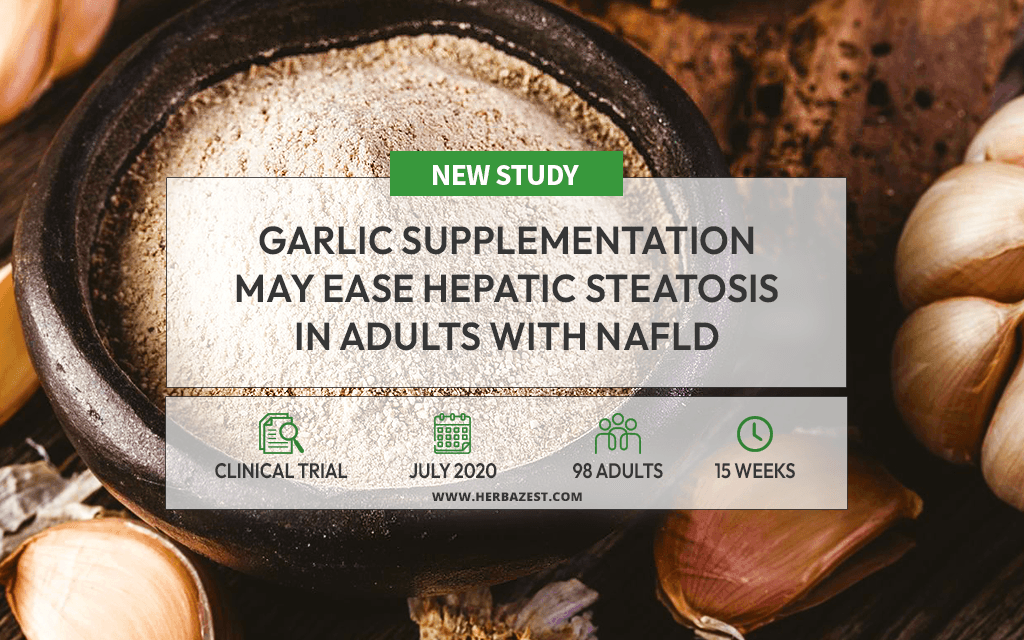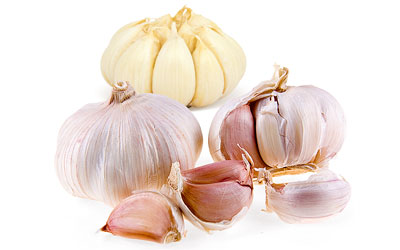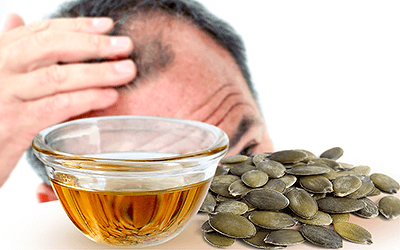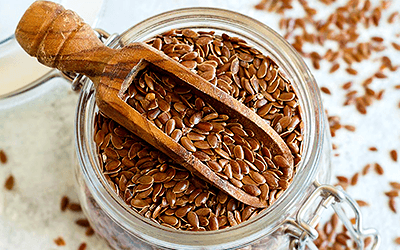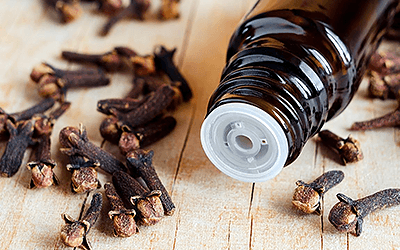Liver damage is a serious threat for adults suffering from nonalcoholic fatty liver disease (NAFLD). It also puts people at a risk of diabetes, kidney disease, and other potentially serious conditions. Yet, treatment options remain limited for NAFLD sufferers.
As a functional food, garlic can benefit human health in numerous ways. Most of its anti-inflammatory and antioxidant actions come from its organosulfur compounds, which have been initially shown to benefit hepatis steatosis, a reversible form of NAFLD.1
The aim of this study was to further explore the efficacy of garlic supplementation on adults with NAFLD.
The Study
This 2020 clinical trial involved 98 patients diagnosed with NAFLD, who were divided into two groups.
For the next 15 weeks, one group took 800 mg of garlic powder supplements a day (an equivalent of 1.5 mg of allicin, garlic's active compound), while the second group took placebo supplements with microcrystalline cellulose.
Researchers were interested in observing potential improvements in hepatic steatosis via ultrasound at the end of the study (that is, a reduction in the grade of hepatic steatosis). Other measurements – such as body weight, lipid levels, fasting blood sugar levels, and hemoglobin concentration – were also taken.
The Results
More than half (51.1%) of the participants taking garlic saw significant improvements in hepatic steatosis in comparison to 15.7% in the placebo-taking group.
Garlic supplementation has also showed substantial improvements in weight; cholesterol levels (total, low-density lipoprotein cholesterol, and triglycerides); liver enzymes (alanine aminotransferase and aspartate aminotransferase); fasting blood sugar; and hemoglobin concentrations.
What Does this Mean?
As shown by the results of this clinical trial, supplementing garlic powder improves hepatic steatosis in adults with nonalcoholic fatty liver disease. By that, it reduces the risk of co-related complications.
Researchers suggest further studies to be conducted on the combined effects of garlic supplementation and lifestyle changes on NAFLD treatment.
Other herbs with liver-protecting effects are turmeric, green tea, tomatoes, and beets.
Sources
- Diabetes, Metabolic Syndrome and Obesity: Targets and Therapy, Therapeutic Effects of Garlic on Hepatic Steatosis in Nonalcoholic Fatty Liver Disease Patients: A Randomized Clinical Trial, 2020
Footnotes:
- Journal of Agricultural and Food Chemistry. (2014). Garlic essential oil protects against obesity-triggered nonalcoholic fatty liver disease through modulation of lipid metabolism and oxidativestress. Retrieved February 23, 2020 from https://pubmed.ncbi.nlm.nih.gov/24857364/
